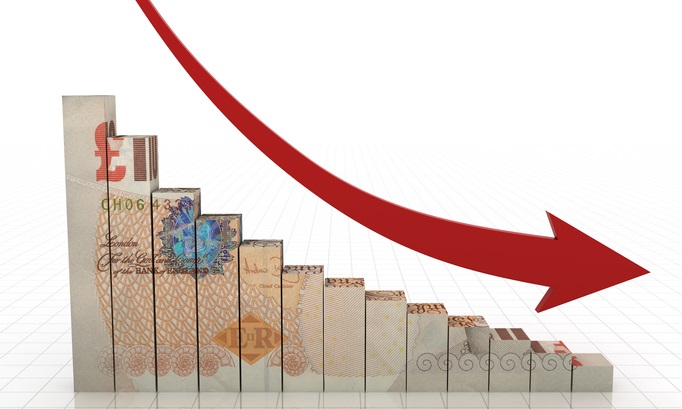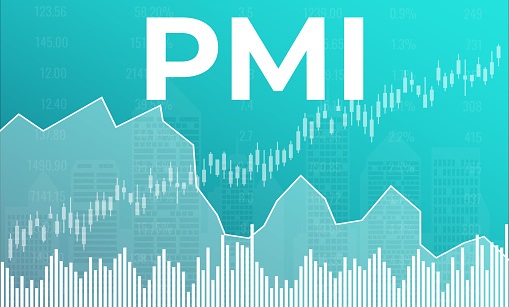Sterling fell sharply against the US dollar after the Bank of England raises interest rates as widely expected and gave another downbeat assessment of the UK economy.
The Bank of England voted by a majority of 6-3 to raise interest rates by 50 basis points to 3.5 percent during its December meeting, pushing the cost of borrowing to the highest level since late-2008, as policymakers try to contain inflation amid fears of a looming economic recession.
On the foreign exchange market, the GBPUSD crashed towards the 1.2300 level after previously peaking around 1.2450. The EURGBP pair also rose on the back of the BoE decision.
Two MPC members preferred to maintain rates unchanged, and one member preferred to increase them by 75 bps, to 3.75 percent. Officials noted that the labour market remained tight, and inflation and wage growth were still high, which justified a forceful policy response.
Looking forward, the MPC agreed that, if the outlook suggested more persistent inflationary pressures, it would continue to tighten policy, as necessary.
The central bank’s projections suggested the CPI inflation has reached its peak, and it is expected to remain “very high” in coming months. Data earlier this week showed UK inflation easing to 10.7% in November from a 41-year high, remaining well above the central bank’s target at 2%.
Stock markets also turned sharply lower after much worse than expected retail sales data and also sentiment data from the United States economy earlier today.
Retail sales in the US declined 0.6% month-over-month in November of 2022, much worse than market forecasts of a 0.1% fall. It is the biggest drop so far this year, with sales of furniture (-2.6%), building materials (-2.5%) and motor vehicles (-2.3%) falling the most during the holiday season.
Other decreases were also seen at electronics stores (-1.5%), nonstore retailers (-0.9%), sporting goods, hobby, musical instruments, and books (-0.6%), gasoline stations (-0.1%) and general merchandise stores (-0.1%). In contrast, increases were seen in sales at food services and drinking places (0.9%), food and beverage stores (0.8%), health and personal care stores (0.7%) and miscellaneous retailers (0.5%).
Data for November which includes the Black Friday and the Cyber Monday during which big discounts are offered, point to a slowdown in consumer spending amid high inflation and interest rates. It also shows that holiday shopping was pulled forward into October, when sales jumped 1.3%.




